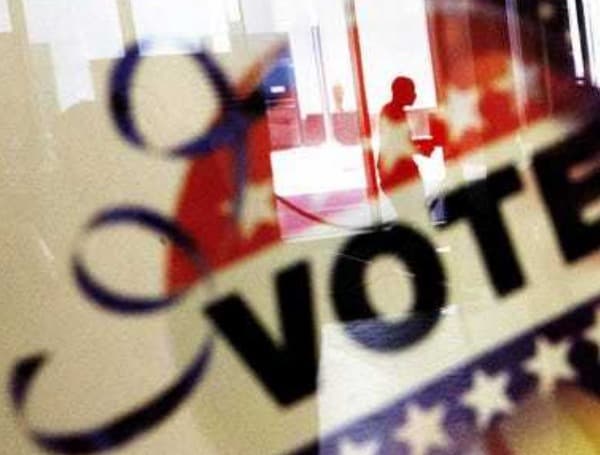By Thomas R. Cuba
PINELLAS COUNTY, Fla. – The 2020 Florida Ballot includes several proposed amendments to the Constitution of the State of Florida. A few of them are considered controversial and have inspired sometimes heated debate. There is also a sleeper. Proposed Amendment 4 would require that future amendments be approved by the voters in two consecutive statewide elections.
The proposal seems to have arisen from recent mood swings in the electorate. The most recent of these occurred during the 2000-2004 set of elections. In the voting cycle of 2000, Florida voters approved the Bullet Train Project. Lollygagging by the legislature, combined with strong public resistance to the cost of the project, put the issue back on the ballot in 2004 and it was repealed by essentially the same electorate that voted for it in the first place.
The 2004 initiative to prevent cruelty to pregnant pigs was also seen as evidence of a misguided population. Animal cruelty was already against the law and putting it into the Constitution was unnecessary. In 2008, Florida voters amended the Constitution to define marriage as the union of one man and one woman. That one was overwhelmingly approved and subsequently removed by the court system.
The result of these events is that some people have come to realize that perhaps the amendment process was in need of revision. With that in mind, leaders and activists looked around the nation and found that other states, with even more lax guidelines for popular amendments to the state constitutions, were in an almost constant state of flux. California, for example, is notorious for the number of propositions on the ballot each year.
The suggested Amendment 4, then, is government’s way of asking the people, “Are ya Sure? Do you really want to do this?”
Projecting this idea into the future, and observing the condition of the California system, it is obvious that there is a rat in this woodpile. It is contained in the language of Article IV, section 4, of the Constitution of the United States of America. Specifically, “The United States shall guarantee to every State in this Union, a Republican form of government.” The rat is the fact that the current process of amending state constitutions is a democratic exercise and democracy is unconstitutional at the federal level.
Correcting the situation is quite simple, but politically unpopular. We elect people every two years to represent us in Tallahassee. That is our republican government. Let them do their job. The process of presenting amendments to the Florida Constitution ought to arise in the House of Representatives or the Florida Senate, not in the corner bar or the office of some powerful law firm. Once the House and Senate have approved the language, the work of the Florida Republic will be complete and the proposal can go to the people for ratification.
The revision proposed here does not eliminate change initiated by the people because they can put an item before the state legislature by petition just as is done under today’s rules. Going to the legislature first, however, does correct two other twists. Recently, the voters approved a measure to restore voting rights for certain classes of felons who had fulfilled their sentences. The language was very clear but not what the voters really wanted and the subsequent law that was passed, which was in complete agreement with the amendment, was sent off to the courts. Had the measure gone to the legislature prior to being put on the ballot, the wording might have been different and the ensuing bruhaha avoided.
A second benefit is that the legislative process would shine a bright light on the content of the measure. In Florida, voters don’t see the amendment itself, but vote on a summary. Many, if not most, of the voters don’t know what they are really supporting or opposing. They vote on a concept.
Sending the proposal to the legislature prior to printing it on the ballot removes whimsy and ambiguity. Instead, the measure is tempered with the collective judgement of our representatives, subjected to the approval or rejection by the voters.
About The Author: Thomas R. Cuba, Ph.D.
Raised a simple Missouri farm boy, Tom managed to attend a British Prep School before commencing a college career that would culminate in a Doctorate Degree in Marine Ecology. He also served as an Intelligence Officer in the U.S. Navy, and as a scoutmaster, SCUBA instructor, Wilderness Survival Instructor, and Firearms Instructor.
Tom has worked as an ecologist in both government and private practice, as well as a freelance nature photographer and computer programmer.
Now, a father and grandfather, Tom offers life lessons in the form of stories about the challenges people face and conquer as well as socio-political essays. To that end, his first lesson is always his favorite quote. “Failure is the whetstone of success.” ~ T. Leith Rettie, 1884.
You can read more from Tom on his site by clicking here.
